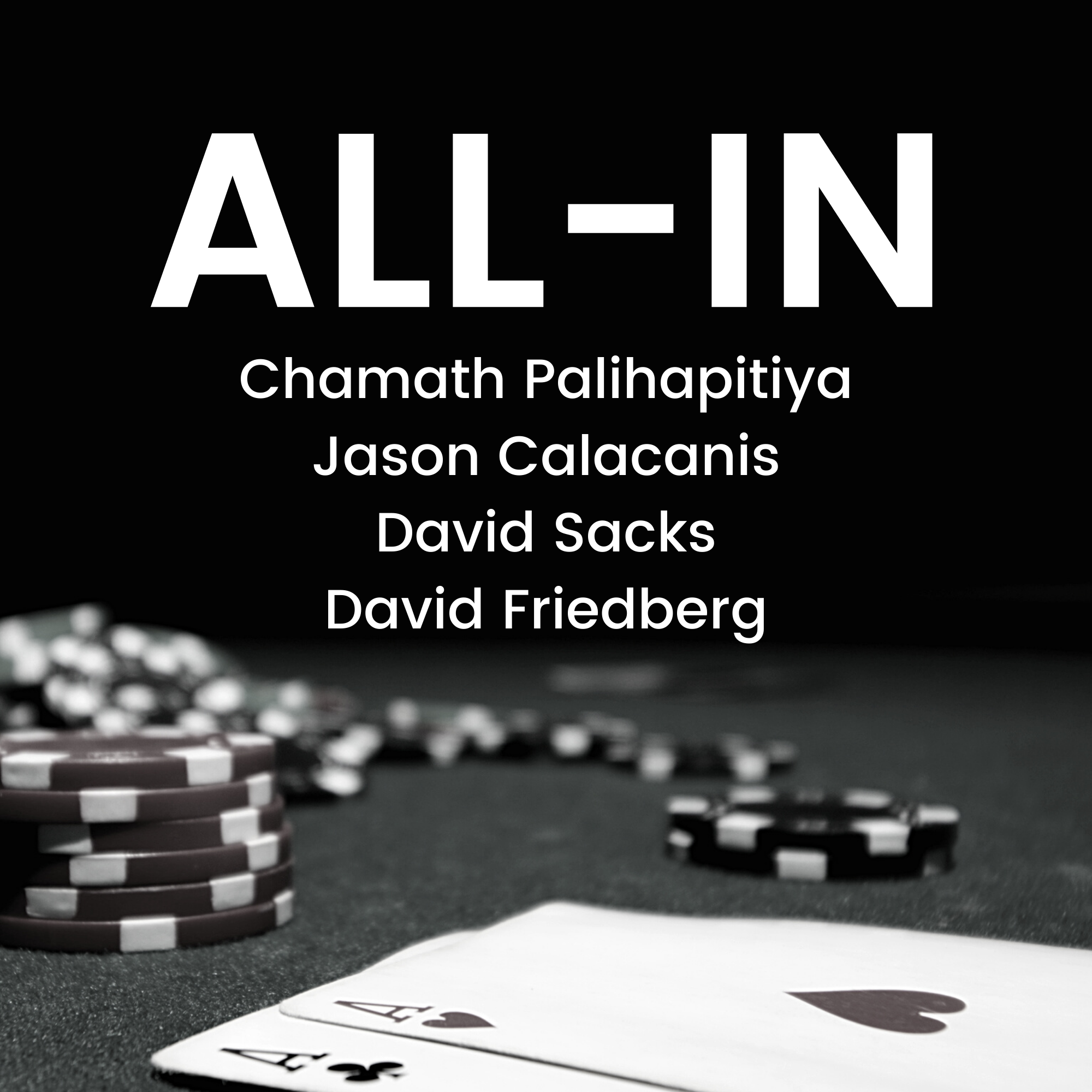Chapter
Clips
Robinhood makes money through a mechanism called payment-for-order flow, which involves creating a data file about users' orders and giving it to prime brokerage institutions like Citadel milliseconds before trades are made.
12:57 - 14:39 (01:42)
Summary
Robinhood makes money through a mechanism called payment-for-order flow, which involves creating a data file about users' orders and giving it to prime brokerage institutions like Citadel milliseconds before trades are made. Citadel can then use this data to make trades, with the firm responsible for 47% of all payment-for-order flow volume.
ChapterThe GameStop saga and the Robinhood controversy
EpisodeE19: Breaking down Robinhood's GameStop decision: Why did it happen and how can it be prevented in the future?
PodcastAll-In with Chamath, Jason, Sacks & Friedberg
The GameStop short squeeze caused economic disruption due to firms gating the ability for people to transact in stocks, potentially due to insolvency.
14:39 - 17:54 (03:15)
Summary
The GameStop short squeeze caused economic disruption due to firms gating the ability for people to transact in stocks, potentially due to insolvency. Some hedge funds manipulate markets with short selling, and the debate about the fundamental value of GameStop morphed into a momentum trade.
